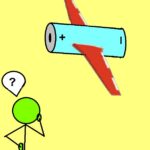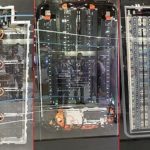Three new B8272* series of compact EPCOS SMT common-mode chokes are specially developed for low-voltage applications. They sustain voltages of up to 48 V AC (50/60 Hz)  and 80 V DC, and continuous currents between 1.8 A and 19 A at an ambient temperature of 40 °C. The new series cover a range of inductance values between 0.59 mH and 5.6 mH.
and 80 V DC, and continuous currents between 1.8 A and 19 A at an ambient temperature of 40 °C. The new series cover a range of inductance values between 0.59 mH and 5.6 mH.
Particularly noteworthy are the compact dimensions of the new EMC components. Depending on the type, the surface area required is just between 12.7×12.7 mm and 30.99×25.4 mm, with heights of 5.46 mm to 12.7 mm. The design and materials of the RoHS-compatible EMC components comply with UL 94 V-0 and offer a relatively high leakage inductance of up to 1.2 percent of the nominal inductance, which reliably suppresses common-mode interference.
Areas of application for the new common-mode chokes include DC/DC converters or low-voltage applications.
TDK Corporation, 455 Rxr Plz, Uniondale, NY, 11556-3811, www.tdk-electronics.tdk.com/data_chokes







Leave a Reply